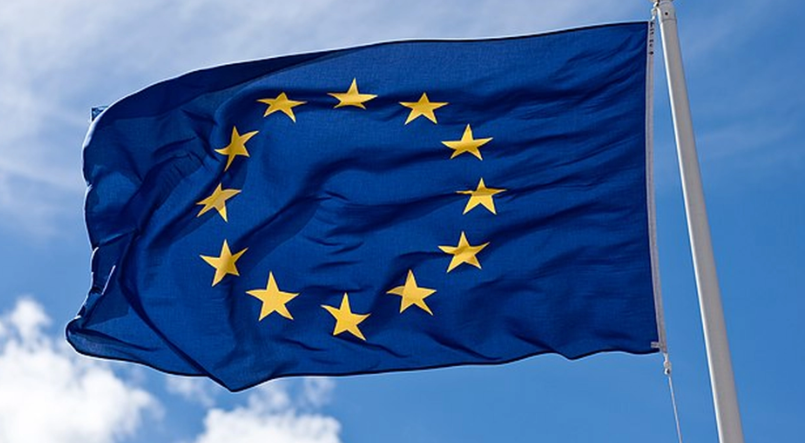Germany’s next government plans to pressure the EU to act against member states that violate core democratic values — a clear reference to Viktor Orbán’s Hungary, though it isn’t named directly.
Merz and the SPD Push for a Tougher Line

Photo: penofoto / Shutterstock.com
Incoming Chancellor Friedrich Merz and his conservative bloc, together with their likely coalition partner, the Social Democratic Party (SPD), have agreed to call on the EU to respond more forcefully to rule-of-law violations.
Sanctions Should Be Enforced Consistently

Photo: lev radin / Shutterstock.com
The draft coalition agreement says that existing EU tools — from infringement procedures to freezing funds and suspending voting rights — must be applied more consistently against violators.
Hungary Is the Target — Even If Not Named

Photo: Wikimedia Commons
While the draft doesn’t name Hungary, it clearly refers to the EU’s most frequent offender. Orbán’s government has long faced accusations of undermining democracy, press freedom, and judicial independence.
Article 7 and the “Nuclear Option”

Photo: Wikimedia Commons
In 2018, the European Parliament triggered Article 7 against Hungary — the so-called “nuclear option” — over serious breaches of EU values. But the process has stalled due to divisions among EU states.
€22 Billion in Funds Were Frozen — Then Partially Released

Photo: Shutterstock.com
In 2022, the EU Commission sought to block €22 billion in funds to Hungary over human rights concerns. More than €10 billion was eventually released in 2023, sparking backlash within the EU.
Orbán’s Vetoes on Russia Sanctions Fuel Frustration

Wiki Commons
Orbán’s close ties with Moscow have further strained EU relations. Hungary has repeatedly used its veto power to block sanctions targeting Russian oligarchs and military officials.
Germany Wants to Bypass Vetoes with Majority Voting

Shutterstock
To sidestep Hungary’s vetoes, the future German government supports expanding qualified majority voting in EU foreign and security policy — especially for decisions like sanctions.
A Renewed Role in European Cooperation

Shutterstock.com
Germany aims to take a more active role in shaping EU policy through the Weimar Triangle — a partnership with France and Poland — which saw diminished influence under the previous government.
Saying Goodbye to the “German Vote” Abstention

Photo: Shutterstock
Germany has often abstained from EU votes due to internal disagreements. Merz promises this will end for key decisions — Germany will take a stand, not stay on the sidelines.
Disagreements Remain Over How to Achieve It

David Renz / Shutterstock.com
The SPD wants to stick to the current approach of resolving disputes between ministries. Merz, however, wants more authority to set Germany’s EU position directly. A final coalition deal is expected by mid-April.















